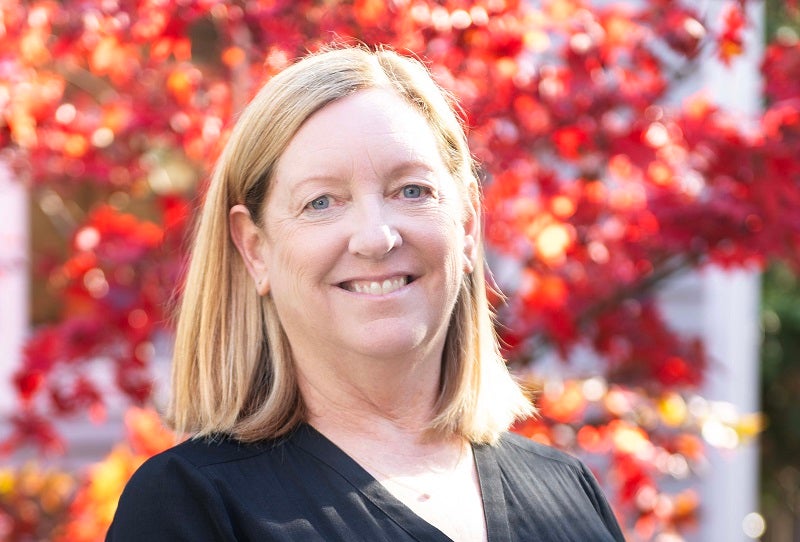Radon Gas: The Hidden Danger Inside Our Homes and One Woman’s Survival Story
November 25, 2024
Tags: Lung Cancer
When you don’t smoke and when you don’t work in an environment where smoke or other chemicals are present, a lung cancer diagnosis is about the last thing you’d expect to hear at the doctor’s office.
That was the case for Melinda, whose life took an unexpected turn when she received a lung cancer diagnosis in March 2024. A lifelong non-smoker, she had no symptoms to speak of, and the discovery appears divinely orchestrated, having been made during a routine CT scan for an unrelated medical procedure she was having. The diagnosis left Melinda in shock.
“I was totally healthy,” she said. “There was nothing to make me think that I would have lung cancer.”
Melinda’s journey led her to the expert care of Dr. Kumari Adams, a thoracic surgeon at Trinity Health Ann Arbor. Dr. Adams and her team guided her through the process, from the initial lung cancer diagnosis to her treatment options, including the robotic surgery procedure that ultimately removed the lung cancer. Since then, Melinda’s recovery has been remarkable, thanks to the advanced surgical care she received and her resilience.
Throughout her ordeal, Melinda’s husband of 41 years, Mark, and the couple’s three daughters, provided her with unwavering support. The impending birth of her first grandchild also became a powerful motivator, inspiring her to seek immediate treatment and to take control of her health. The experience also led her to discover a hidden danger in her home and the likely cause of her lung cancer: radon gas.
After testing her home, Melinda found alarmingly high levels of the radioactive gas, a significant risk factor for lung cancer. Radon, a colorless, odorless gas, seeps into homes from the ground and can accumulate to dangerous levels. Exposure to radon over time can unknowingly increase the risk of lung cancer for people, even for non-smokers.
“We learned that the majority of lung cancers for people who are nonsmokers are due to radon in the home,” she said. “So, we tested our radon and found out that it was just off the charts high. We had a radon gas mitigation system installed and that has solved the problem.” Melinda was quick to note that others in her home have since been tested and that no other cancer findings have been discovered.
Melinda’s experience highlights the importance of radon testing, especially in areas with high radon levels. By taking simple steps to reduce radon exposure in your home, individuals can significantly lower their risk of lung cancer.
Now, Melinda is a passionate advocate for lung cancer awareness, especially among non-smokers. She shares her story to educate others about the importance of early detection and the dangers of radon exposure. By raising awareness, she hopes to prevent others from facing a similar diagnosis.
“I feel very fortunate because they caught it so early,” said Melinda. “Had it not been caught during the CT scan, the cancer would have gone undetected and grown, and I would have eventually developed symptoms.”
Filled with a sense of gratitude, Melinda now looks to her future. “I have a new grandbaby now, so I love to spend time with her,” she said, “I'm so thankful that I can be a part of her life.”
Trinity Health Michigan is committed to providing comprehensive cancer care, including early detection, diagnosis, and treatment. If you have concerns about lung cancer or radon exposure, please consult with a health care provider or learn more about our lung cancer services.
Take a quick lung health assessment to understand your risk for lung cancer. Get personalized recommendations for prevention and screening based on your results.



